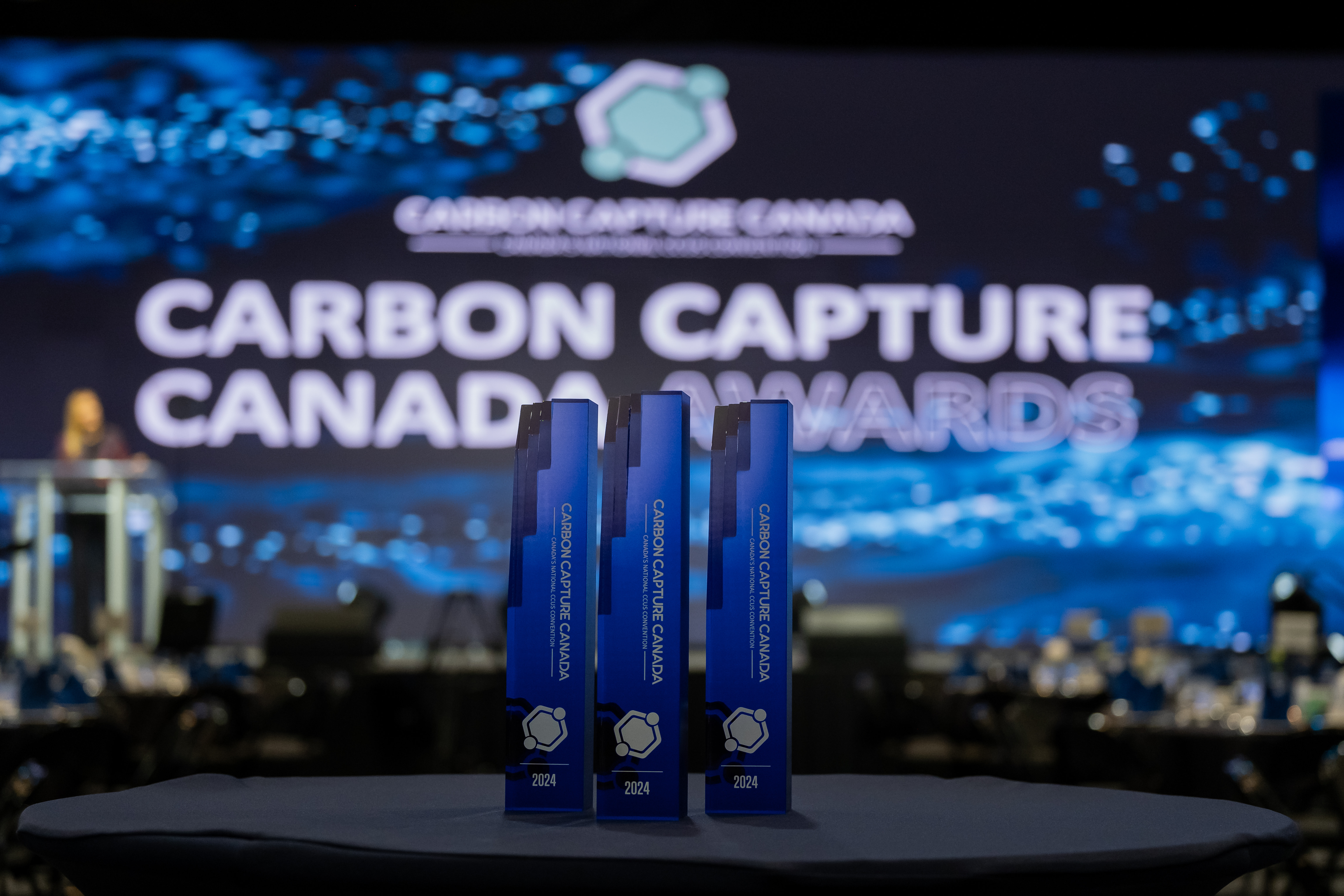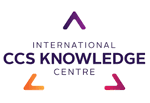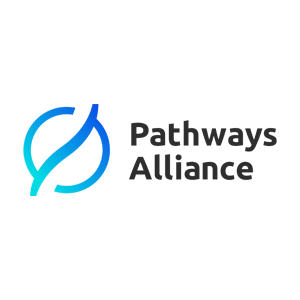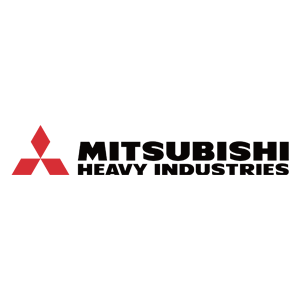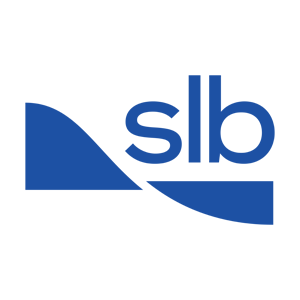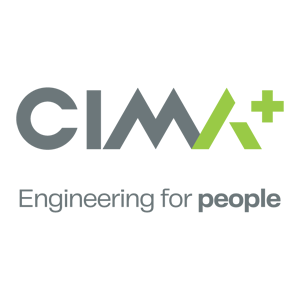Canada's National CCUS Convention
Expo & Conference: Sept. 15-17, 2026
Edmonton Convention Centre | Edmonton, Alberta
-
EXHIBITION
EXHIBITION
Carbon Capture Canada highlights the leading pioneers and innovators in carbon capture and storage (CCS), serving as a pivotal platform for transformative cross-sector collaborations.
-
CONFERENCE
CONFERENCE
The strategic conference highlighted policy frameworks, investment opportunities, and large-scale projects that positioned Canada as a key player in the global CCUS market. With international delegations and industry leaders participating, discussions explored cross-border collaborations, emerging technologies, and lessons from global CCUS initiatives.
Learn more -
KNOWLEDGE BARS
KNOWLEDGE BARS
The Knowledge Bars at Carbon Capture Canada are dedicated spaces for knowledge exchange between presenters and attendees. Industry leaders deliver interactive presentations on a wide range of technical topics in Carbon Capture, Utilization, and Storage (CCUS), providing practical insights and opportunities for direct engagement with experts.
Learn more -
AWARDS
AWARDS
The Carbon Capture Canada Awards shine a spotlight on excellence in the CCUS industry, both in Canada and internationally. The Awards recognize and celebrate the accomplishments of leaders, innovators, and trailblazers over the past 12 months across eight categories, honoring those who have demonstrated outstanding leadership, groundbreaking innovation, sustainable solutions, and a commitment to advancing the CCUS sector.
Learn more - SPONSORSHIP
-
MEDIA
MEDIA
The C3 Interview Series by Carbon Capture Canada offers exclusive insights from leading experts in the field of carbon capture, utilization, and storage (CCUS). Featuring in-depth discussions with industry leaders like Neil Wildgust, President & CEO of Carbon Management Canada, and Breanne O’Reilly, VP of Business Development & Strategic Initiatives at the International CCS Knowledge Centre, the series delves into the latest innovations and strategies shaping the future of carbon capture technology.

